Researchers and leadership representatives from the two universities gathered at the VNU -RMIT Innovation Hub in Hanoi to launch a joint research program.
The event included scientific presentations on AI and the semiconductor field, as well as panel discussions on the future of pilot projects between the two sides.
Professor Iwona Miliszewska, Head of the School of Science, Engineering and Technology at RMIT University Vietnam, said: “This collaboration marks an exciting new chapter in the partnership between RMIT and Vietnam National University, Hanoi. By combining our research strengths in AI, semiconductors and other high-tech industries, we have the opportunity to foster groundbreaking innovation that will attract interest from organisations and businesses and benefit the community.”
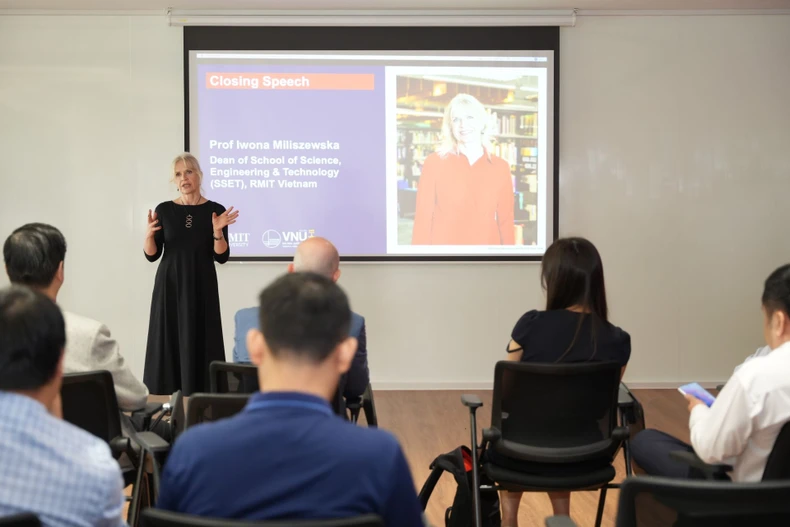 |
Professor Iwona Miliszewska, Head of the School of Science, Engineering and Technology, RMIT University Vietnam, spoke at the event. |
The Vietnamese government is urgently issuing a Strategy for the development of the semiconductor industry with the goal of turning this industry into a national key industry within the next 30-50 years.
In parallel, the National Strategy on Research, Development and Application of Artificial Intelligence to 2030, issued in 2021, outlined the aspiration to make Vietnam an AI innovation center in Southeast Asia and globally by 2030.
Professor Tran Xuan Tu, Director of the Institute of Information Technology, Vietnam National University, Hanoi, said: “AI and semiconductors are two strategic priority areas to help Vietnam leap into the digital economy. Our partnership with RMIT is a prime example of how leading universities can join hands to address the challenges facing society.”
The program is divided into two main research areas - one is AI and its applications, and the other is the semiconductor industry.
Scientists from both units presented their latest work and discussed potential directions for joint projects.
In AI, the topics of discussion range from deep learning, data mining, to AI applications in the medical industry, weather forecasting, and potential research trends in AI,... Meanwhile, the papers in the semiconductor field revolve around materials science, microchip design, integration of the Internet of Things in semiconductor technology,...
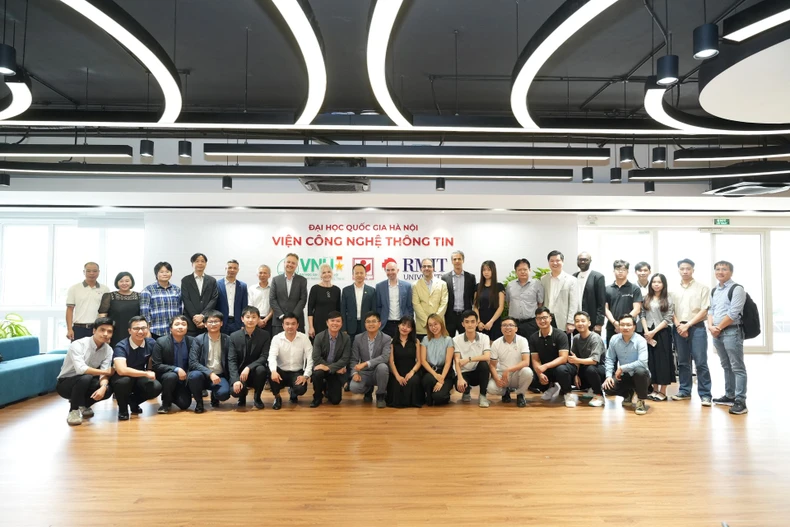 |
Delegates take a souvenir photo at the RMIT Innovation Space, Hoa Lac campus, Hanoi National University. |
In addition to research content, the event also emphasized the importance of connecting with students and developing talent.
Representatives from RMIT and Vietnam National University, Hanoi presented a master plan for joint student competitions (including a cross-national hackathon scheduled for November 2024), as well as discussed experiential learning opportunities to nurture the next generation of technology innovators.
“We look forward to bringing together leading scientists from Vietnam and Australia to push the boundaries of science, engineering and technology together. I am confident that this new partnership in AI and semiconductor research will be highly effective and have a strong impact,” said Professor Miliszewska.
The RMIT-VNU partnership began in 1995, with the signing of the first bilateral cooperation agreement between the two parties.
Over the years, the partnership has expanded to areas such as teaching quality assurance, leadership training and business start-ups. The establishment of the Vietnam National University Hanoi-RMIT Innovation Space in November 2023 marks an important milestone in taking the partnership to the next level.
Source: https://nhandan.vn/rmit-dai-hoc-va-quoc-gia-ha-noi-cooperate-to-work-together-with-ai-and-ban-dan-post827158.html


![[Photo] Panorama of the cable-stayed bridge, the final bottleneck of the Ben Luc-Long Thanh expressway](https://vphoto.vietnam.vn/thumb/1200x675/vietnam/resource/IMAGE/2025/9/30/391fdf21025541d6b2f092e49a17243f)
![[Photo] President Luong Cuong receives President of the Cuban National Assembly Esteban Lazo Hernandez](https://vphoto.vietnam.vn/thumb/1200x675/vietnam/resource/IMAGE/2025/9/30/4d38932911c24f6ea1936252bd5427fa)
![[Photo] General Secretary To Lam, Secretary of the Central Military Commission attends the 12th Party Congress of the Army](https://vphoto.vietnam.vn/thumb/1200x675/vietnam/resource/IMAGE/2025/9/30/9b63aaa37ddb472ead84e3870a8ae825)
![[Photo] The 1st Congress of Phu Tho Provincial Party Committee, term 2025-2030](https://vphoto.vietnam.vn/thumb/1200x675/vietnam/resource/IMAGE/2025/9/30/1507da06216649bba8a1ce6251816820)
![[Photo] Solemn opening of the 12th Military Party Congress for the 2025-2030 term](https://vphoto.vietnam.vn/thumb/1200x675/vietnam/resource/IMAGE/2025/9/30/2cd383b3130d41a1a4b5ace0d5eb989d)






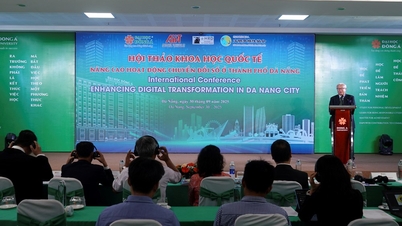





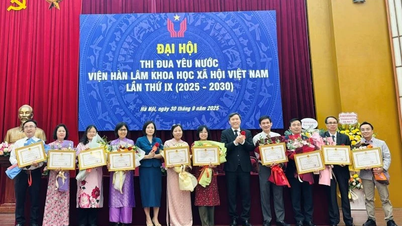
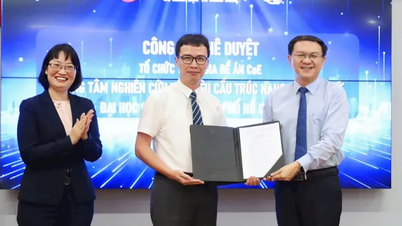


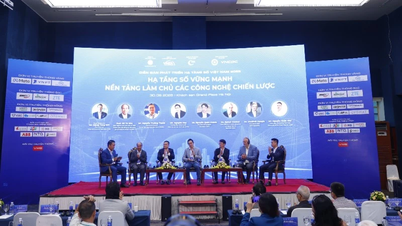






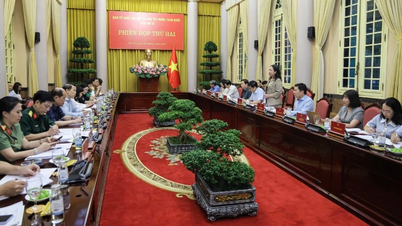

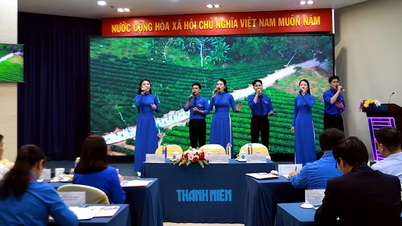
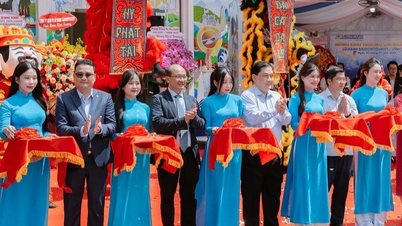

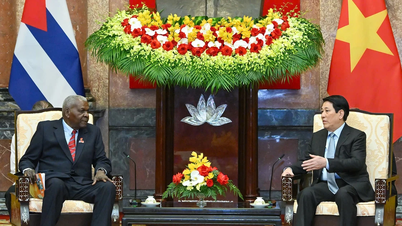



































































Comment (0)